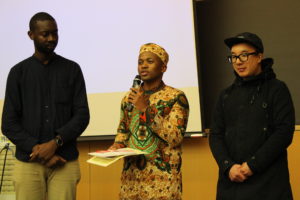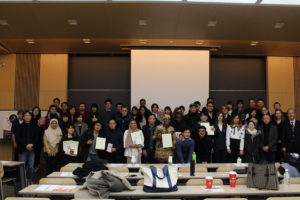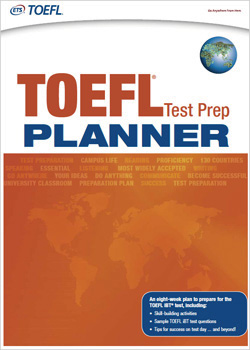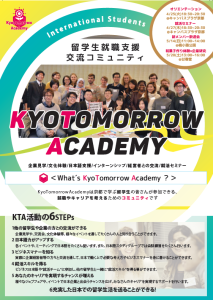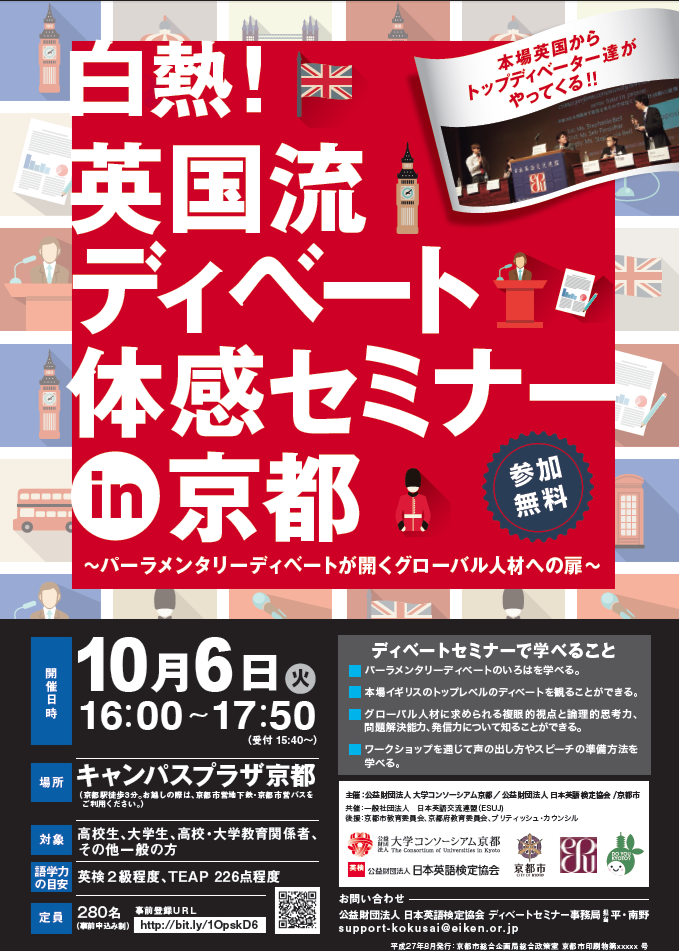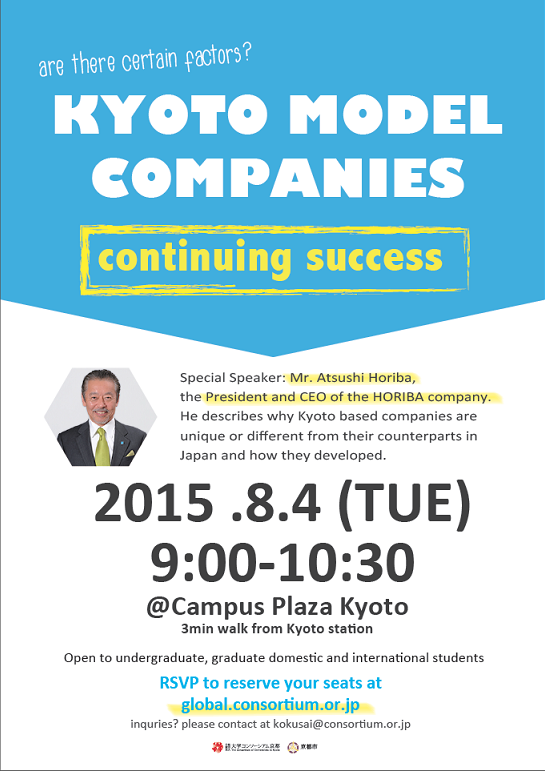Guidelines for Proposals for the Operation of the International Student Study Kyoto Network and the Kyoto Study Abroad Portal Site
everyone
The International Student Study Kyoto Network (Secretariat: Kyoto International Business Department, University Consortium) aims to widely disseminate the appeal of “Kyoto University City and Student City Kyoto” and services for international students in Kyoto both domestically and internationally, to support the attraction of more international students, and to make it easier for international students studying in Kyoto to obtain information on support services. We operate a portal site and manage social media.
Therefore, we are looking for contractors as follows, so please apply by the deadline (Thursday, March 29, 17 o’clock).International Student Study Kyoto Network Portal Site 2018 Application Guidelines
Inquiries
University Consortium KyotoInternational Business Dept.
TEL 075-353-9164 FAX 075-353-9101
〒600-8216 Shimogyo-ku, Kyoto-shi, Nishitoin-dori, Shiokoji, Shimo-ku, Kyoto, Campus Plaza Kyoto
* Reception hours: Tuesday ~ Saturday 9:00 ~ 17:00 (excluding year-end and New Year holidays)














